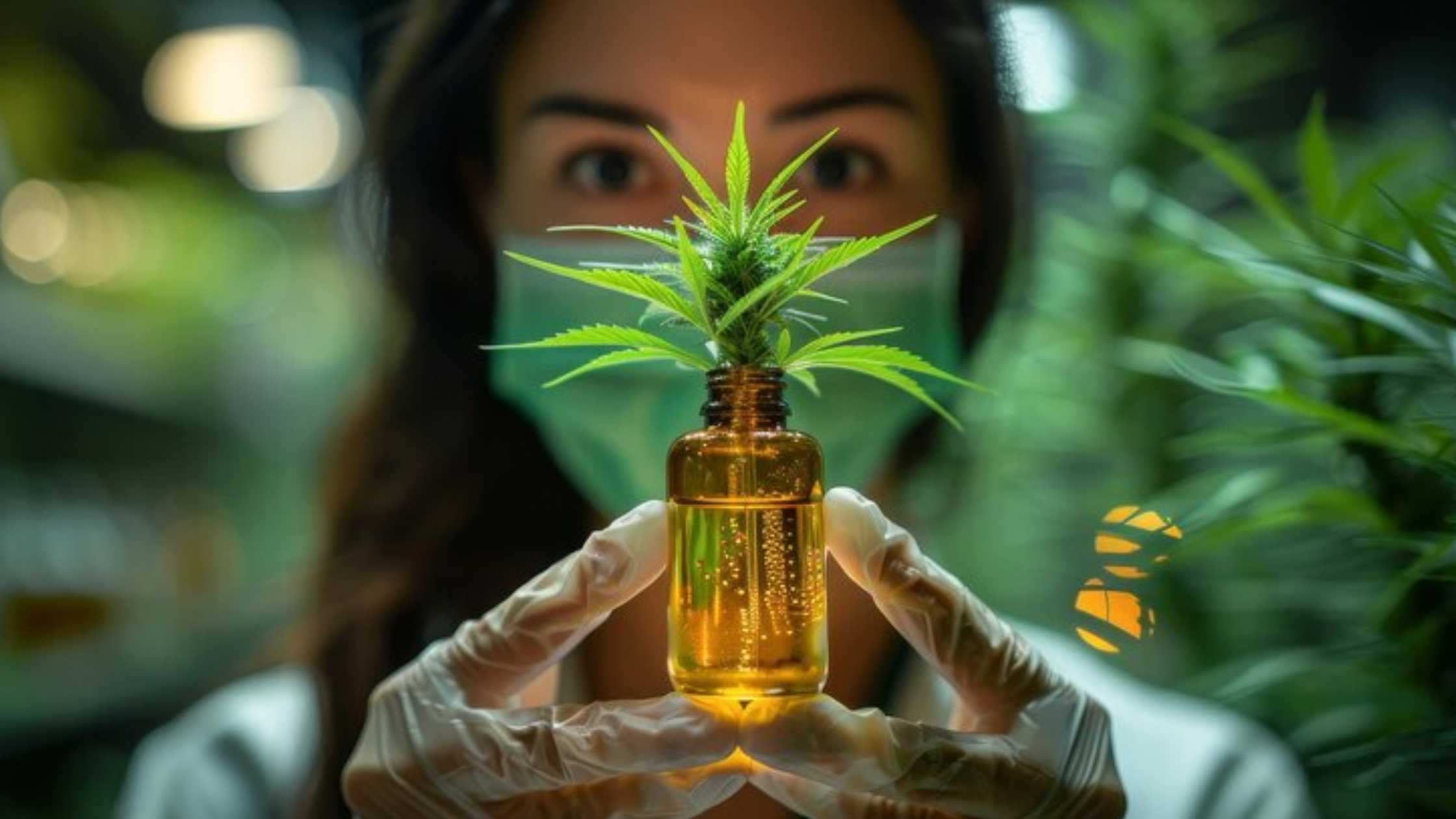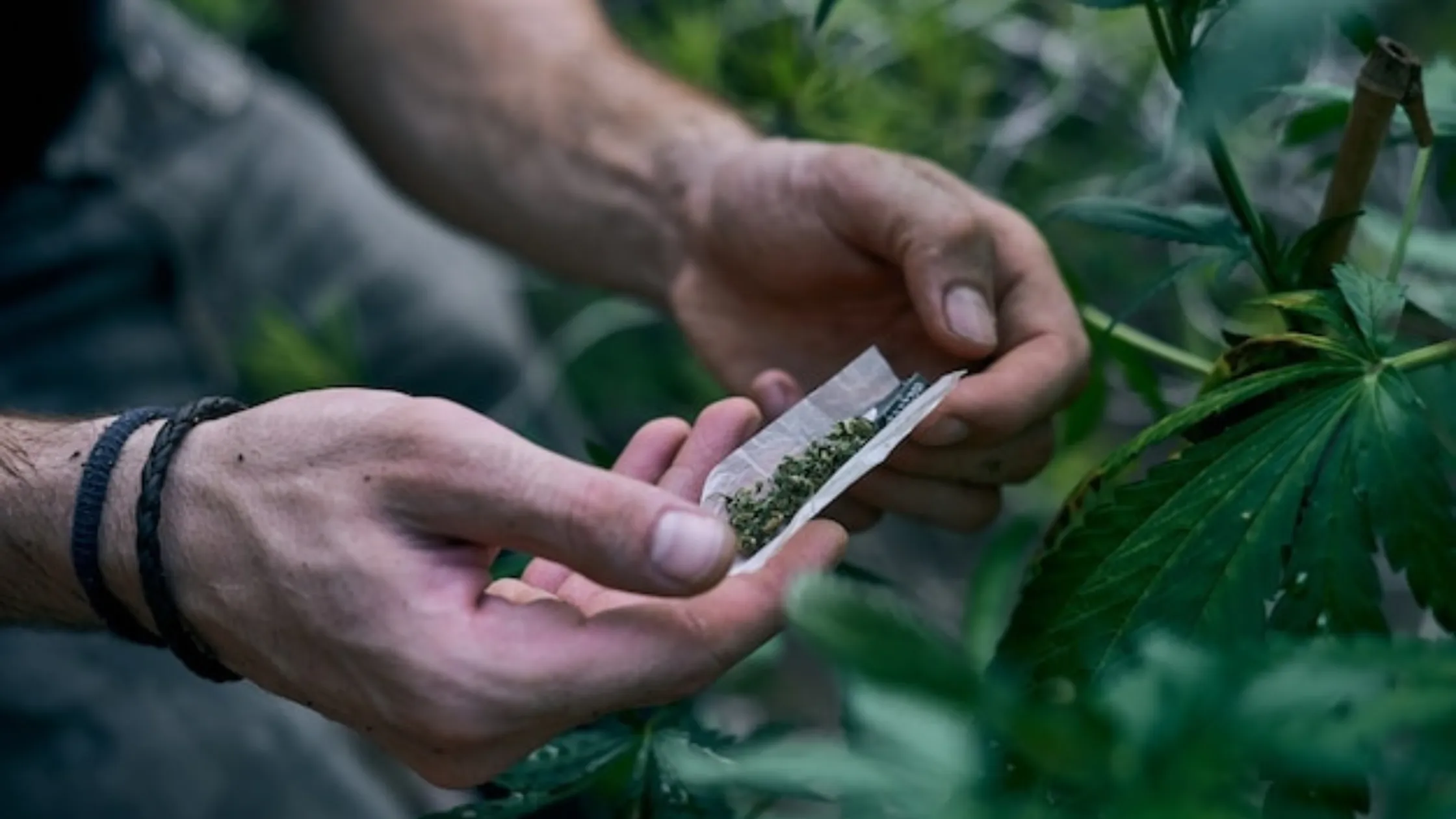Introduction
There are hundreds of chemical compounds found in Hemp, Cannabis, or Marijuana plants, including cannabidiol (CBD) and tetrahydrocannabinol (THC). CBD is becoming increasingly popular for use in wellness products and as an alternative remedy for various diseases. CBD can be extracted from hemp plants, which is a non-intoxicating compound with an amount of less than 0.3% THC, which means it won’t get you high. This chemical composition is the significant difference between CBD and THC.
This article will provide all the essentials about CBD, from its origins and legal status to its potential applications and benefits.
Understanding CBD: Origins and Composition
CBD is one of the most essential compounds among the hundreds of compounds found in cannabis plants. It is a cannabinoid chemical compound that interacts with the endocannabinoid system in the human body to provide calming effects. It is not a psychoactive compound, although it relieves some medical conditions and has immense health and wellness benefits. Thus, it is popularly used in numerous medicines and wellness products.
How CBD Works: The Endocannabinoid System
CBD works in our body by interacting with our body’s endocannabinoid system (ECS). A complex network of receptors present throughout the human body is crucial for maintaining homeostasis. CBD interacts with these receptors, mainly CB1 and CB2, to relieve various physiological processes in our body. It impacts pain, inflammation, perception, sleep, mood, and more.
Health Benefits of CBD and its Potential Uses
Although many of the effects of CBD are anecdotal, growing research and scientific evidence support its use in the following conditions:
Pain Management: CBD helps manage chronic pain in a few conditions like arthritis or neuropathy as it has anti-inflammatory properties.
Anxiety and Stress Relief: By interacting with serotonin receptors in the brain, CBD provides potential relaxation for Anxiety and Stress.
Sleep Disorders: As CBD has the potential to alleviate stress and anxiety, it results in improving the quality of sleep.
Epilepsy and seizures: Some studies suggest that CBD can treat certain types of Epilepsy in people. An FDA-approved CBD medication, Epidiolex, is used to treat certain types of Epilepsy.
Neurological Disorders: Research is exploring CBD’s potential in managing neurodegenerative conditions like Alzheimer’s and Parkinson’s disease.
Skin Conditions: CBD’s inflammatory properties address specific skin issues like acne, psoriasis, and eczema. People are using CBD-infused topicals to manage these skin conditions.
Available CBD Products
CBD is available in various forms and is used in different products:
CBD Oil and Tinctures: These are the concentrated forms of CBD, which absorb and work faster.
CBD Capsules and Soft Gels: The oral consumption of CBD is convenient through pre-measured doses of CBD.
CBD Edibles: CBD edibles, like gummies and chocolates, are available on the market, offering a tasty way to consume CBD.
CBD Topical: CBD is used in various topicals, including CBD Creams, balms, lotions, etc.
CBD Vapes: Inhaling CBD through vapour provides quick effects, but vaping has specific concerning safety issues.
CBD Isolate and Full-Spectrum CBD: Isolates only contain CBD, while full-spectrum products of CBD also include other beneficial CBD compounds.
CBD for Pets: Some CBD products are specially designed for pets to alleviate their anxiety and stress.
Safety and Side Effects
With the significant potential health benefits, there are also some concerns associated with CBD. However, CBD is generally considered safe, but there are some safety concerns related to it. Some people may have side effects such as dry mouth, diarrhoea, and disturbances in appetite and sleep, resulting in fatigue. So, it is essential to consult with healthcare experts before using CBD, as it may react with some medications.
Legal Status of CBD
Although CBD with less than 0.3% THC is considered legal, it varies by state and region. Regulations also differ in various countries, so staying informed about the laws in specific areas is essential. In India, the legal status of Cannabis is still complex.
Factors to Consider When Choosing CBD Products
Due to its legality and concerns, it is crucial to keep some factors in mind while purchasing CBD products:
Source: Choosing CBD products derived from the organic hemp plant is essential. These products are safer and more effective and reduce pesticide and contaminant exposure.
Extraction Method: The CO2 extraction preserves the quality of the CBD. This type of CBD is recommended.
Third-Party Testing: Choose products that independent laboratories test. This kind of product ensures accurate labelling and quality.
CBD Concentration: The concentration of CBD varies in different products. So, choose carefully the amount that suits your needs.
Product Type: There are various uses and product types; choose carefully the products and ways of consumption that align with your needs.
Conclusion
In conclusion, CBD has many potential health and wellness benefits and is a trending topic nowadays. We are here after exploring CBD’s origins, applications, and potential health benefits. CBD offers a range of applications and products that help with various aspects of health and wellbeing. But along with enjoying its benefits, it is also crucial to understand its legalization, safety measures, and associated concerns. So, it is advisable to always consult your physician before embracing CBD products in your lifestyle.





